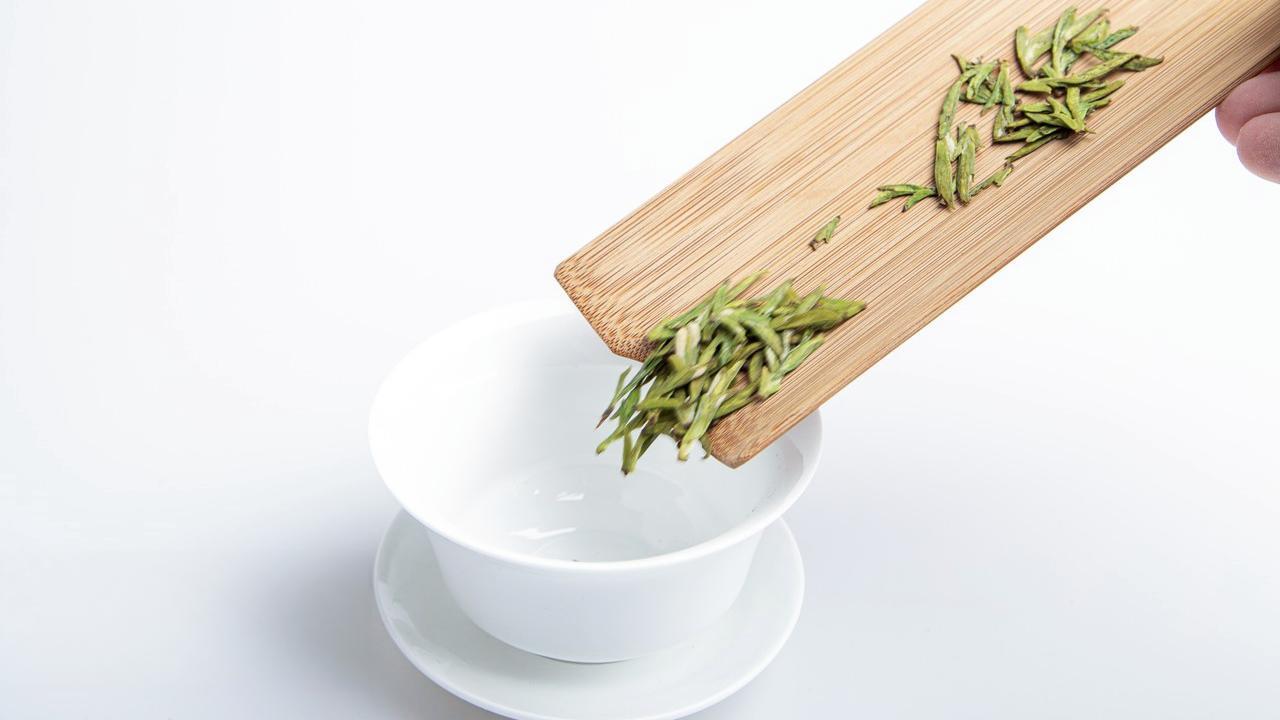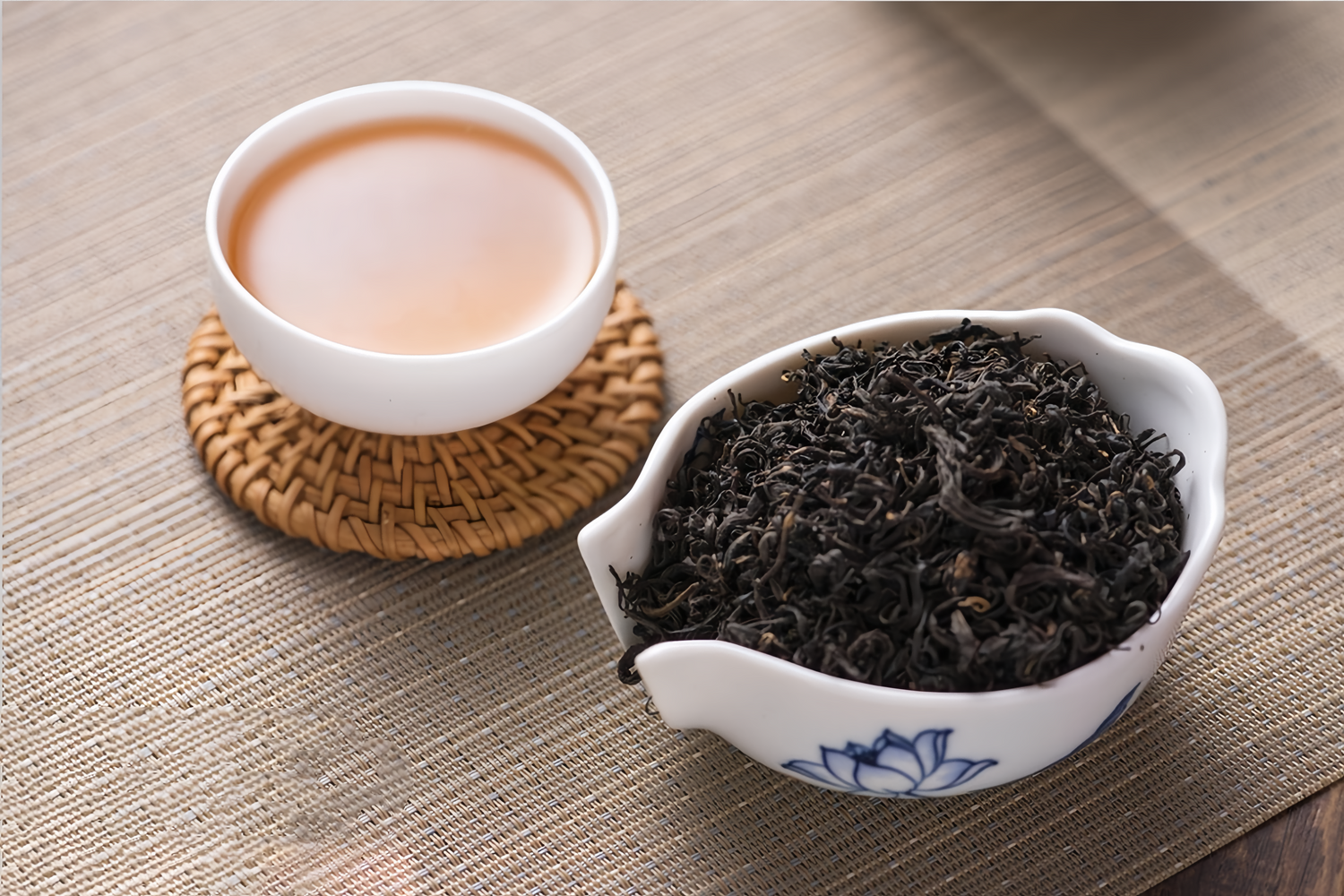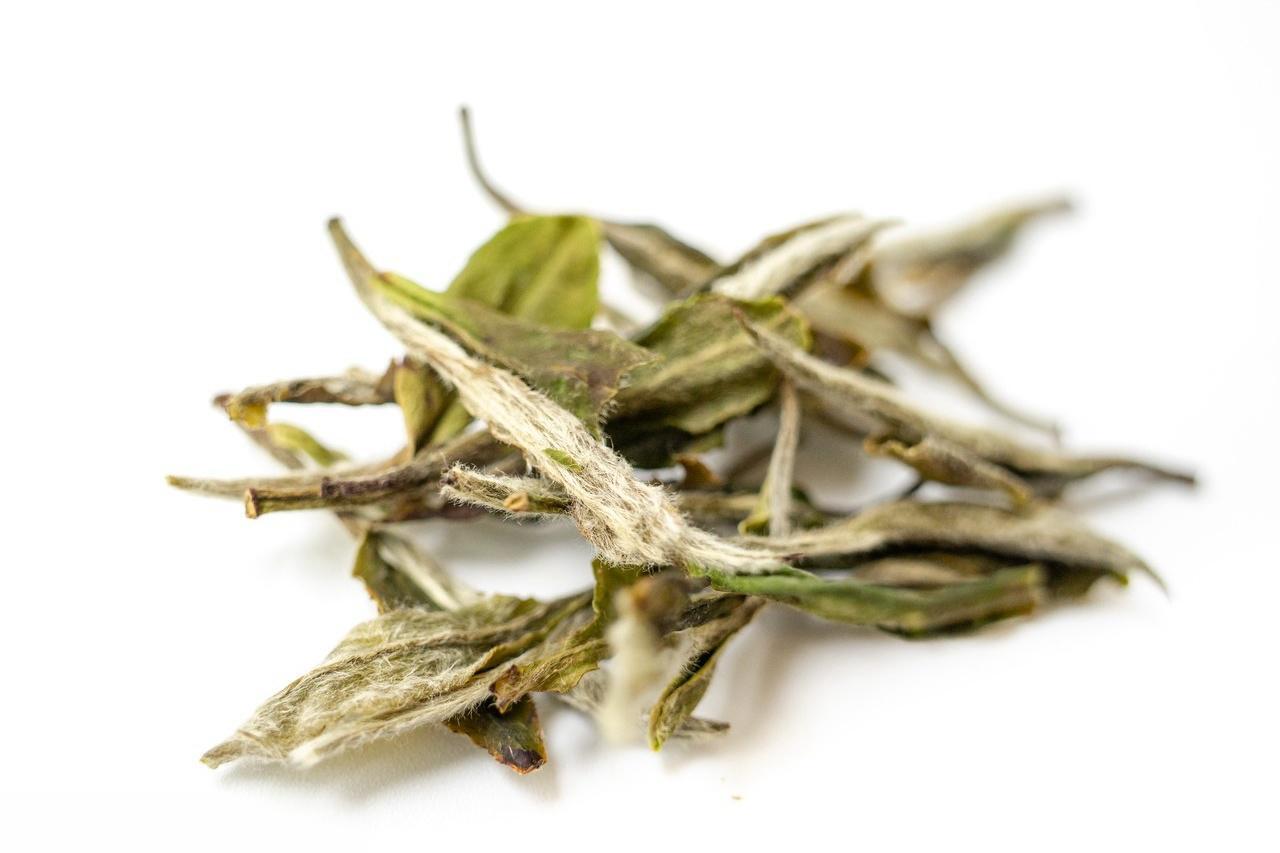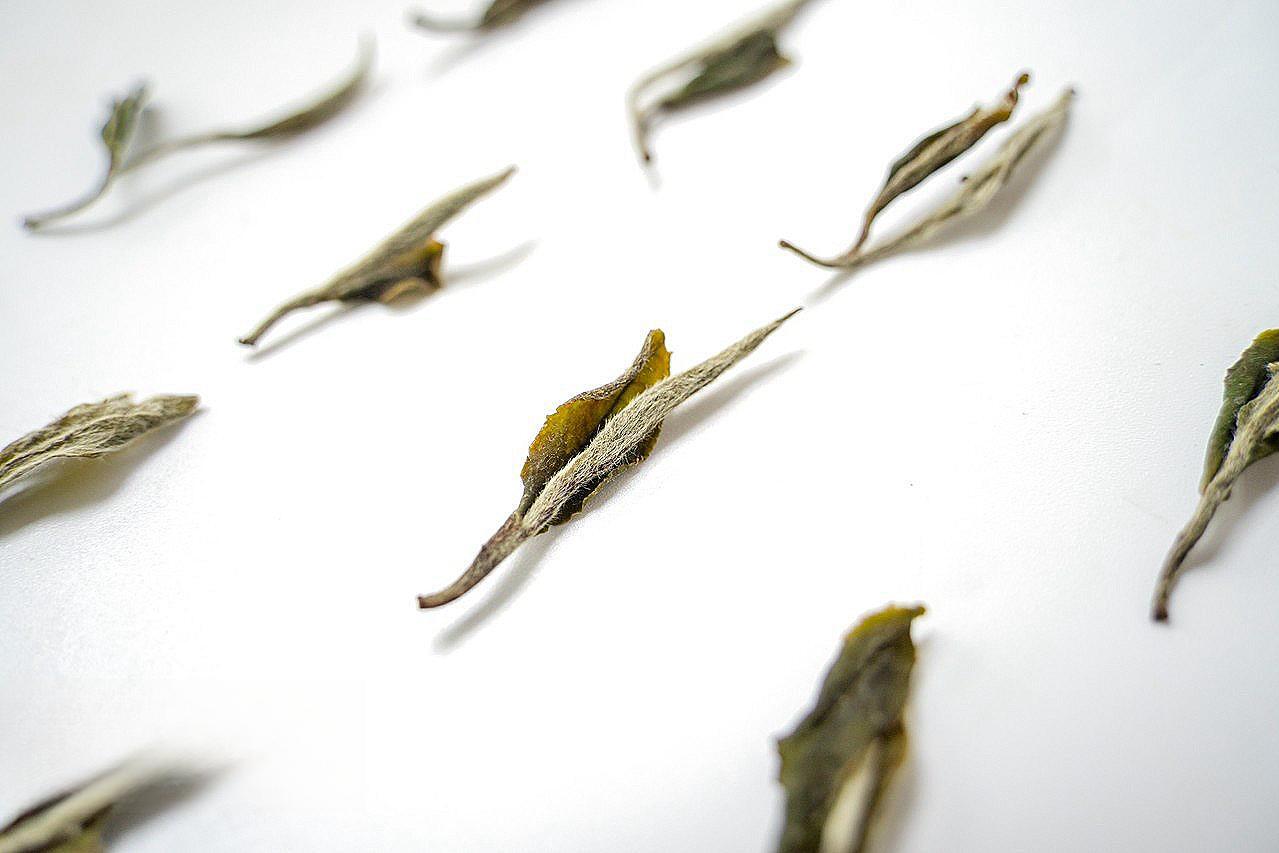It is estimated that 80% of people worldwide enjoy drinking coffee daily. Due to its stimulant effects on the human body, caffeine is believed by scientists to offer numerous health benefits, such as enhancing alertness, improving physical performance and mood, and boosting metabolism.
The United States Department of Agriculture (USDA) and the European Food Safety Authority (EFSA) define safe caffeine intake as up to 400 milligrams per day and no more than 200 milligrams per intake, or about 3 milligrams per kilogram of body weight. However, excessive caffeine consumption can lead to anxiety, restlessness, and insomnia. Some studies also suggest that even moderate but frequent caffeine intake can cause chronic headaches and migraines.
Therefore, many people are often unclear about what caffeine is and its benefits and drawbacks to the body. This article will provide a thorough understanding of the caffeine content in tea.
Benefits of Caffeine
Against Alzheimer's Disease
Caffeine has been found to have potential preventative effects against Alzheimer's Disease (AD), the most common neurodegenerative disease worldwide, commonly known as dementia.
The primary mechanism through which caffeine benefits cognitive functions is related to its non-selective antagonism of adenosine receptors, which plays a role in alleviating memory deficits.
Moreover, caffeine can effectively reduce neuroinflammation, which also contributes to its protective effects against AD.
Research has identified the neuroprotective, anti-inflammatory, and anti-apoptotic activities of caffeine in various AD experimental models. Numerous studies support the notion that caffeine may exert beneficial effects on AD.
Against Parkinson's Disease (PD)
Parkinson's Disease (PD), also known as shaking palsy, is a common neurodegenerative disorder that predominantly affects the elderly. It is characterized by symptoms such as tremors, muscle rigidity, and bradykinesia (slowness of movement).
The hallmark of Parkinson's Disease is the progressive degeneration of dopamine-producing neurons, leading to the loss of these neurons and depletion of dopamine in the brain. This neurotransmitter is crucial for regulating movement and coordination.
The pathogenesis of PD is complex, and current treatments focus primarily on alleviating symptoms without altering the clinical progression of the disease.
According to records from ClinicalTrials.gov, literature and clinical trials have suggested that caffeine may play a preventive role in the neurodegeneration of dopaminergic neurons in Parkinson's Disease. Consequently, caffeine can be considered for use in conjunction with current PD therapies. This adjunctive use of caffeine could potentially enhance the overall management of PD by leveraging its neuroprotective properties to support dopaminergic function and mitigate symptom severity.
Against retinal degeneration
The retina, which is the light-sensitive layer of tissue at the back of the eye, relies on a delicate balance of chemical signals and cellular health. Caffeine's influence on retinal health appears to be linked to several mechanisms:
- Antioxidant Properties: Caffeine contains antioxidants that may help protect retinal cells from oxidative stress, a key factor in the development of retinal diseases such as age-related macular degeneration (AMD).
- Neuroprotective Effects: Studies suggest that caffeine may offer neuroprotective effects for the retinal neurons, potentially slowing the progression of diseases like retinitis pigmentosa and glaucoma. This protection might be due to caffeine’s ability to inhibit certain pathways that lead to cell death.
- Improved Blood Flow: Caffeine has vasoconstrictive properties that can influence blood flow in the eye, potentially reducing the risk of swelling and damage that can occur with conditions like diabetic retinopathy.
Research in this area is ongoing, and while findings are promising, it is crucial to approach caffeine consumption with balance, as excessive intake can also pose risks to overall health. As with any potential treatment or preventive measure, it's important for individuals to consult healthcare professionals before making significant changes to their caffeine consumption, especially those with pre-existing health conditions or who are at risk of retinal disorders.
Treatment of headaches
Caffeine is commonly used in the treatment of headaches, including tension headaches and migraines. It can be effective when used alone or in combination with other medications. Here are some key points about caffeine's role in headache treatment:
- Enhancing Pain Relief: Caffeine can enhance the effectiveness of over-the-counter pain relievers like acetaminophen, aspirin, and ibuprofen. This is why it is a component of some combination headache medications. Caffeine helps to increase the absorption of these drugs, allowing them to work faster and more effectively.
- Vasoconstriction: Caffeine has vasoconstrictive properties, meaning it can narrow blood vessels. Since the widening of blood vessels is a component of migraine attacks, caffeine's ability to cause vasoconstriction can help alleviate the pain.
- Adenosine Receptor Blockage: Caffeine blocks adenosine receptors. Adenosine can dilate blood vessels and is believed to be a contributing factor in the development of headaches. By blocking these receptors, caffeine can help reduce headache symptoms.
- Withdrawal and Rebound Headaches: It's important to note that while caffeine can help relieve headache symptoms, regular intake can lead to dependence and withdrawal. People who frequently consume caffeine may experience rebound headaches when they suddenly stop their caffeine intake.








1 comment
Abir
Excellent👍
Leave a comment
All comments are moderated before being published.
This site is protected by hCaptcha and the hCaptcha Privacy Policy and Terms of Service apply.